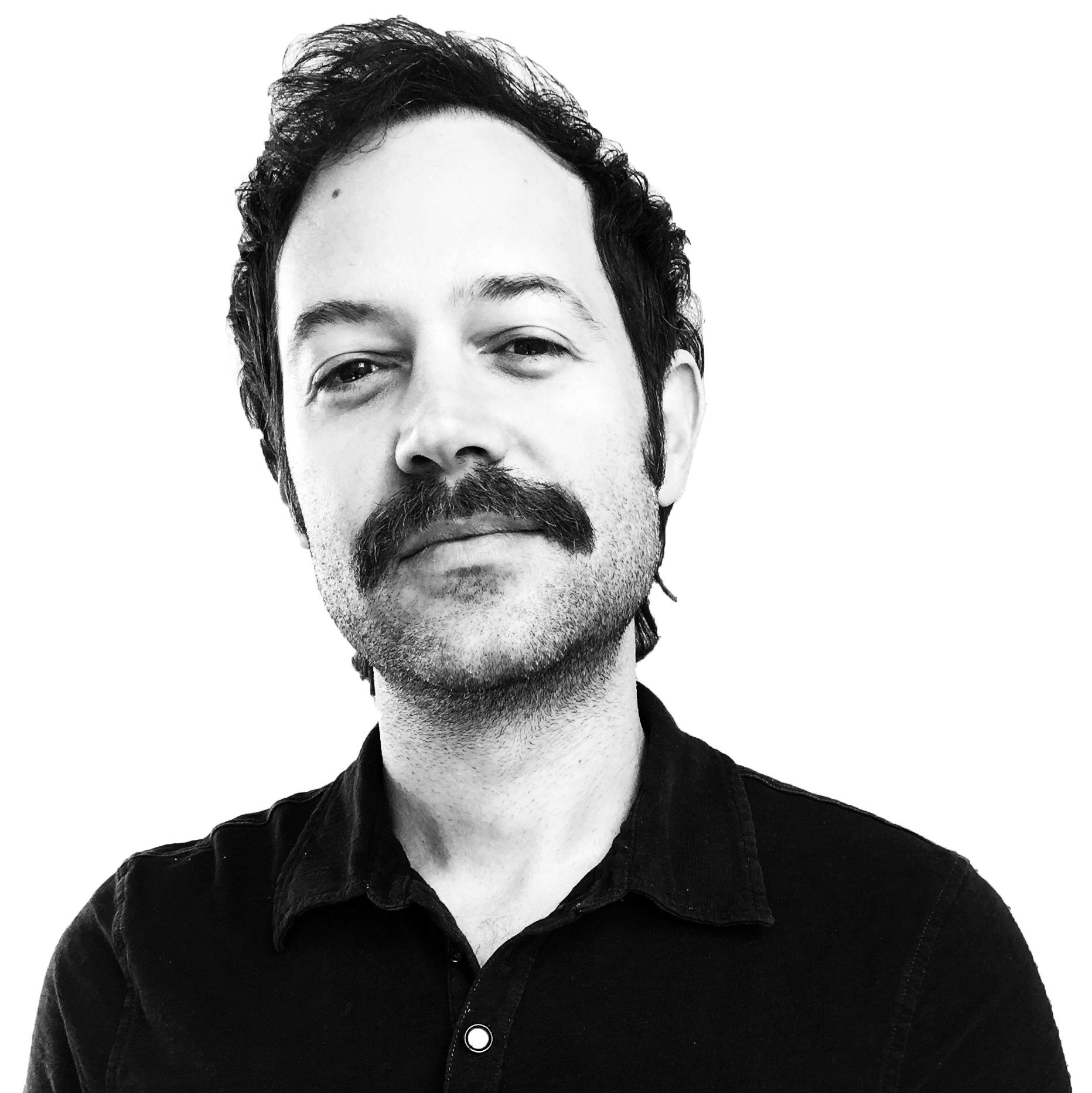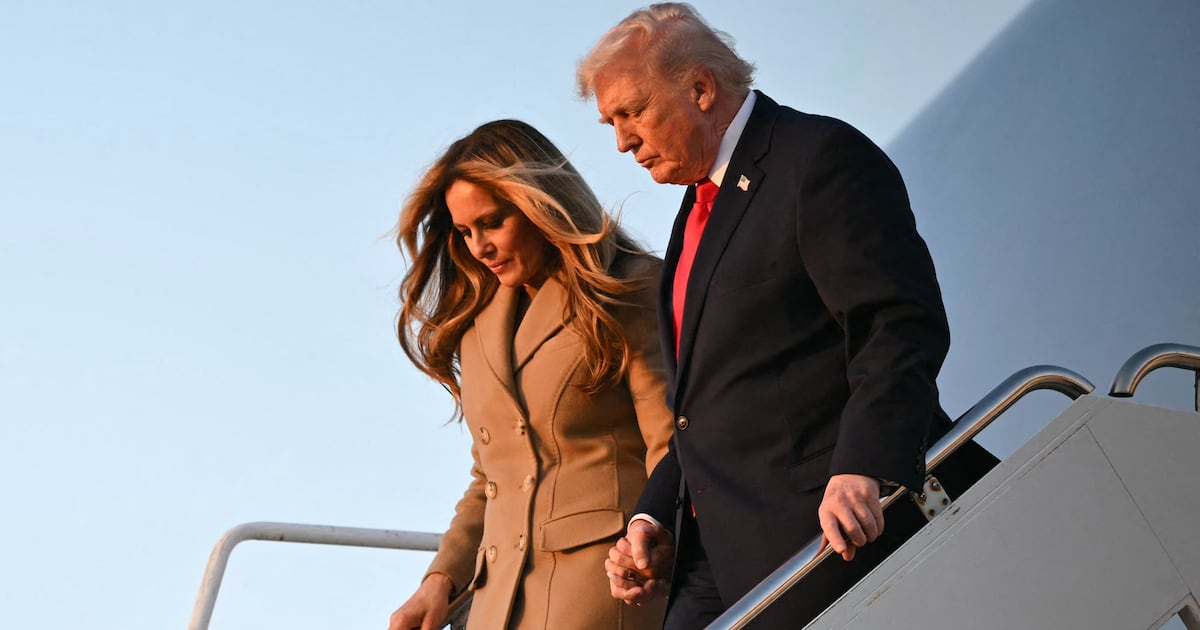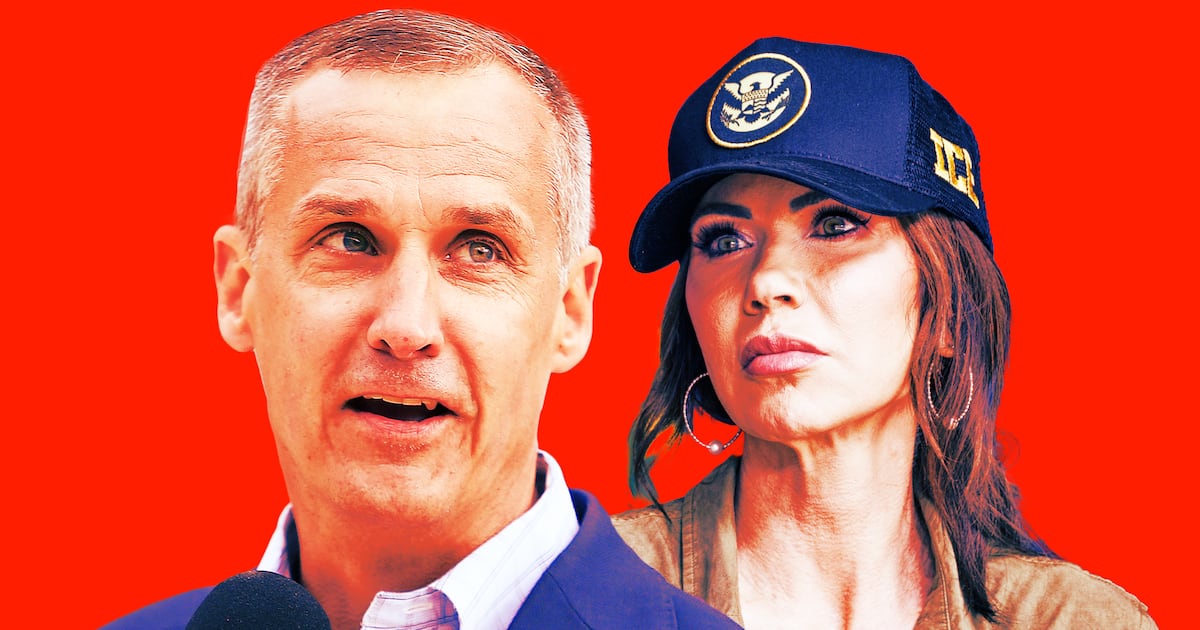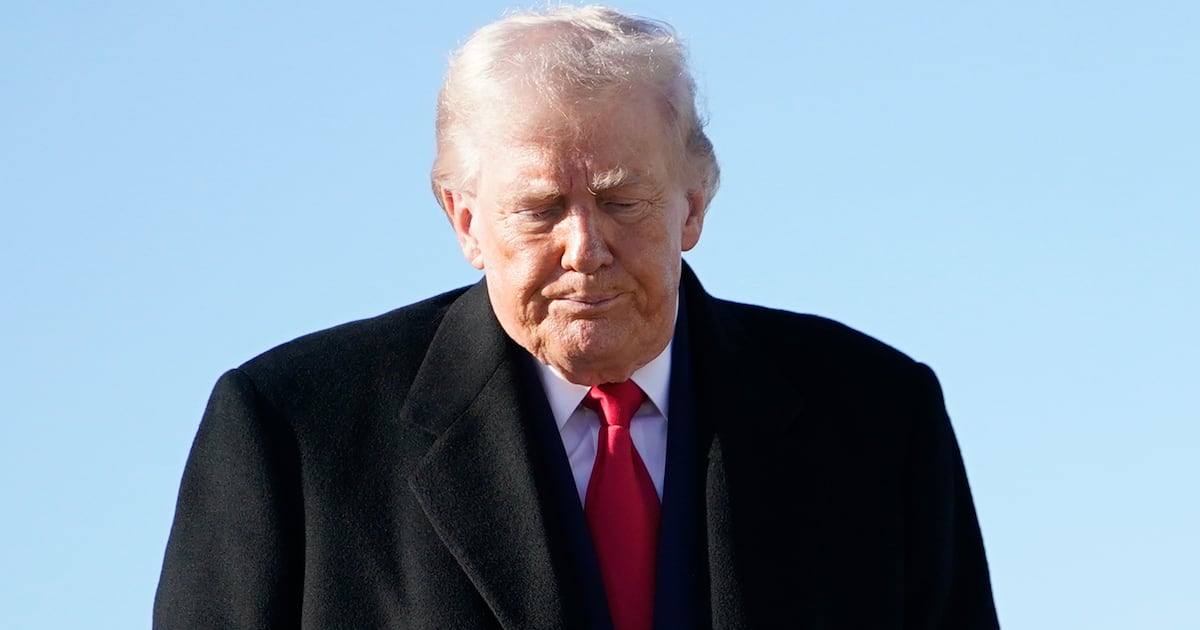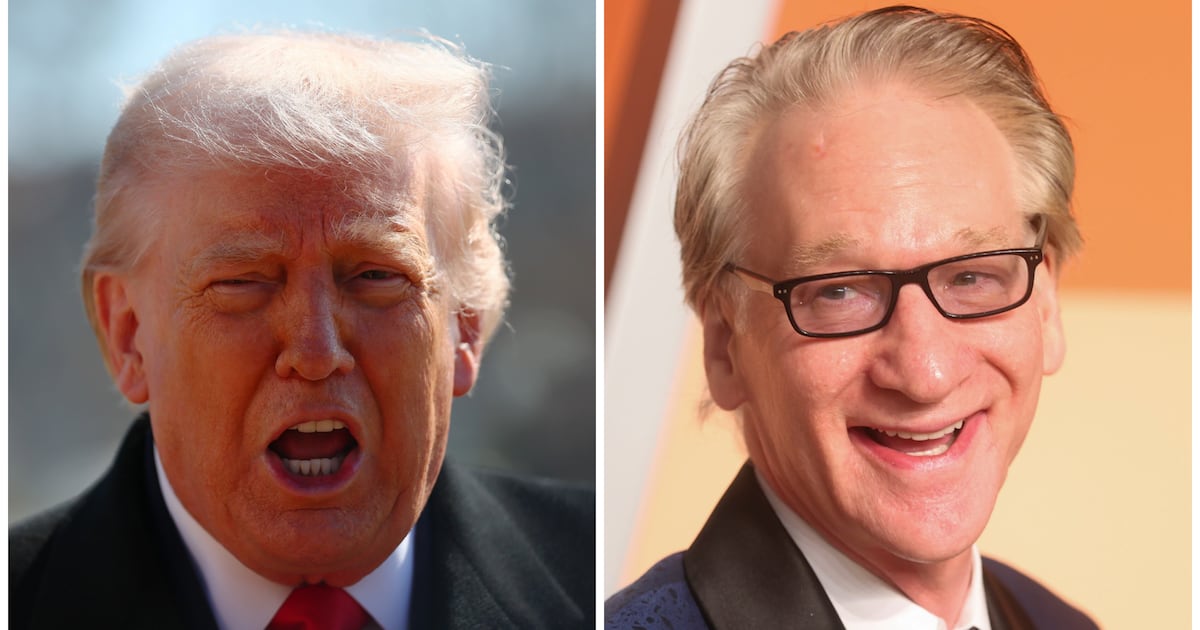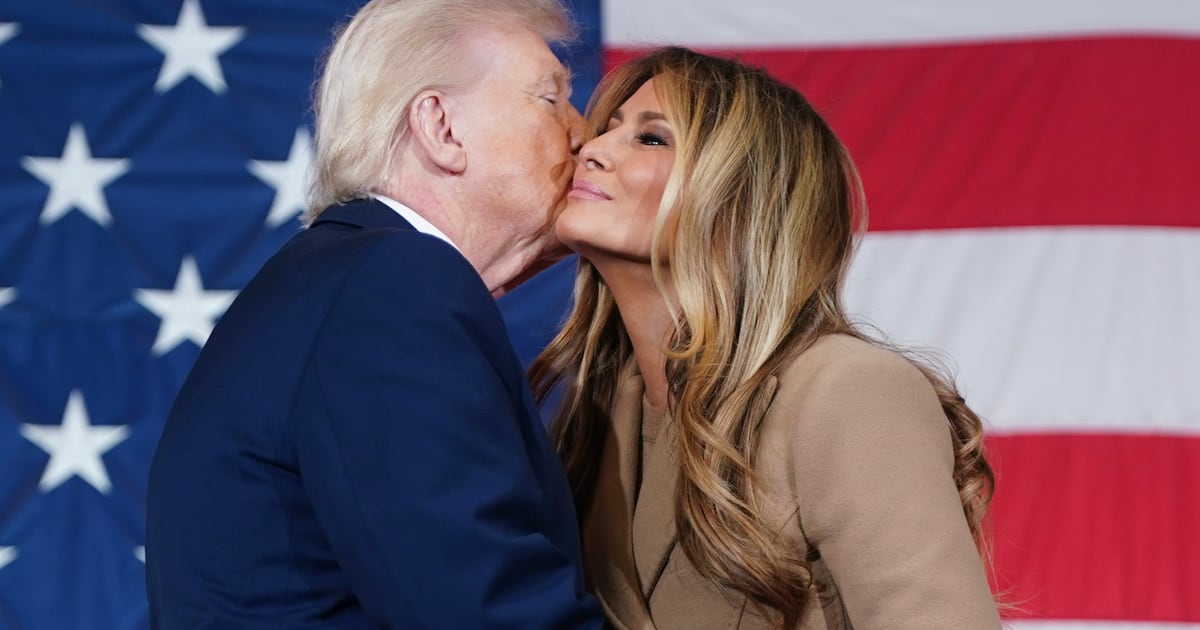In the classic television series The A-Team, the eponymous heroes spend much of their time evading or thwarting the show’s stock adversaries, the ineffective Military Police. In a show notable for its lack of blood and gore, the MPs are waylaid by many a car crash, explosion, and unluckily placed boat pier.
How quaint that all seems today, when the creeping militarization of American law enforcement has at last begun to shock the conscience. Although many of us endure perennial mourning and outrage over the “senseless” acts of school shooters, most of us have more or less ignored the routine, all-too-logical bloodshed and injustice perpetrated by out of control SWAT teams, police forces equipped like armies, and cities and towns clamoring for materiel designed for military occupation, not public safety.
Talking heads and professional activists never tire of asking how many children must die before Washington imposes yet another round of constraints on the Second Amendment. But which leading voices wonder how many children must bleed in their own homes before Americans take action to constrain our officials from adopting a war footing in our neighborhoods?
At Salon, Alecia Phonesavanh recounts the latest gut-wrenching iteration of the pattern. “I heard my baby wailing and asked one of the officers to let me hold him,” she writes. “He screamed at me to sit down and shut up and blocked my view, so I couldn’t see my son. I could see a singed crib. And I could see a pool of blood. The officers yelled at me to calm down and told me my son was fine, that he’d just lost a tooth. It was only hours later when they finally let us drive to the hospital that we found out Bou Bou was in the intensive burn unit and that he’d been placed into a medically induced coma.”
As the latest ACLU report on police militarization reveals, Americans are paying their police forces to assault their own communities—in bungling, overzealous, and unconscionable fashion. Sadly, this should not be news to state and federal lawmakers. The Washington Post’s Radley Balko, for instance, has sounded the alarm for nearly a decade, filing a CATO study in 2006 and writing a book on the “rise of the warrior cop” last year.
The vicious irony of the situation is now beyond even our legislators’ robust power of denial. As responsible gun owners have been vilified by entrenched special interests, our police forces have transformed into municipal militias, fueled by our fear of private violence.
Because of our dread of random death at the hands of terrorists, loners, and extremists, we have stood by as those meant to protect us have regularized deadly violence of their own.
Because of our anxiety and uncertainty over abandoning the war on drugs, we have allowed ourselves to accept an almost literal war on ourselves.
It is naïve to imagine that a militarized police will confine itself to surgical strikes in crime-ridden areas. The “battlefield” created by a culture of comprehensive anxiety will tend toward the same ubiquity at home as it has abroad in the so-called war on terror. If it’s not a drug raid gone wrong, it’s an act of swatting—triggered, perhaps, by angry losers seeking entertaining revenge against online opponents who beat them at—yep—war games.
If it’s not that, it’s credit card fraud.
This is only the beginning of the twisted logic of military policing. In a further bitter irony, the rise of the warrior cop feeds every paranoid inclination of our armed citizen-survivalists, which encourages, of course, yet more militarization.
Yet one does not have to don a tinfoil hat to connect the Founders’ warnings about standing armies to the threat posed by militarized police forces today.
What is to be done? The way forward is nowhere as simple as gun-control advocates often make their agenda seem. Just as we cannot simply “crack down on guns,” we cannot just crack down on warrior cops and expect life to return to “normal.” The swattification of America is the product of several massive political and cultural failings, from the war on drugs to the prison-industrial complex to the ideology of insecurity that has conquered so much of our view of human life.
Of course, cities can take steps right away to mitigate the damage done by militarizing law enforcement. Unless Americans strike at the psychological roots of the problem, however, the institutionalized violence of the warrior cop will haunt us for generations to come.
